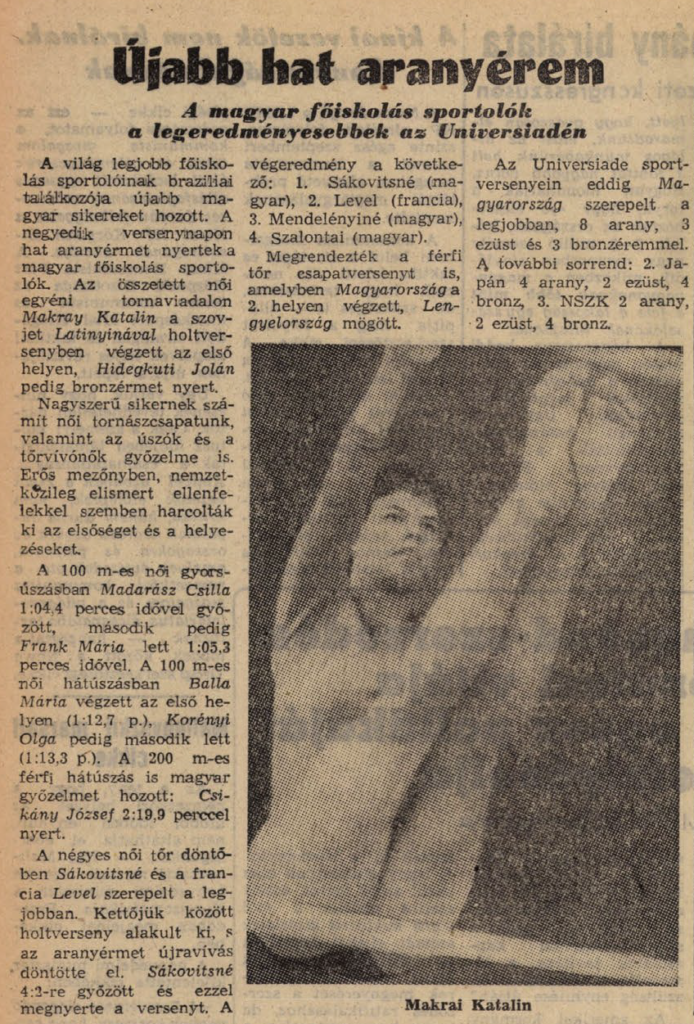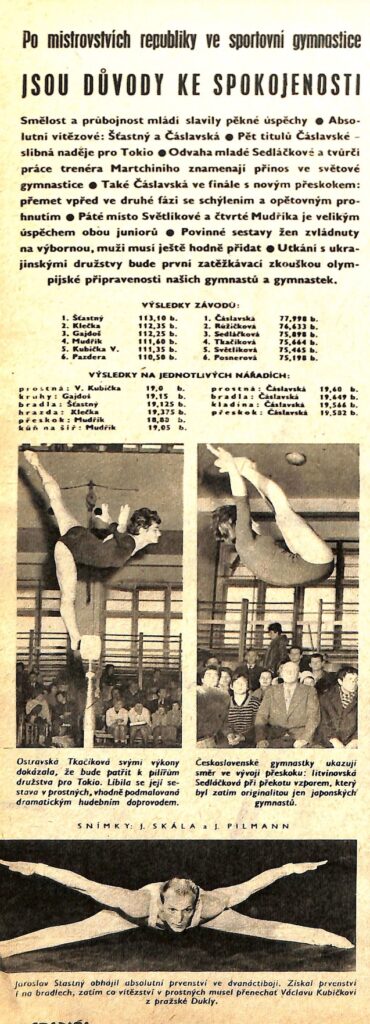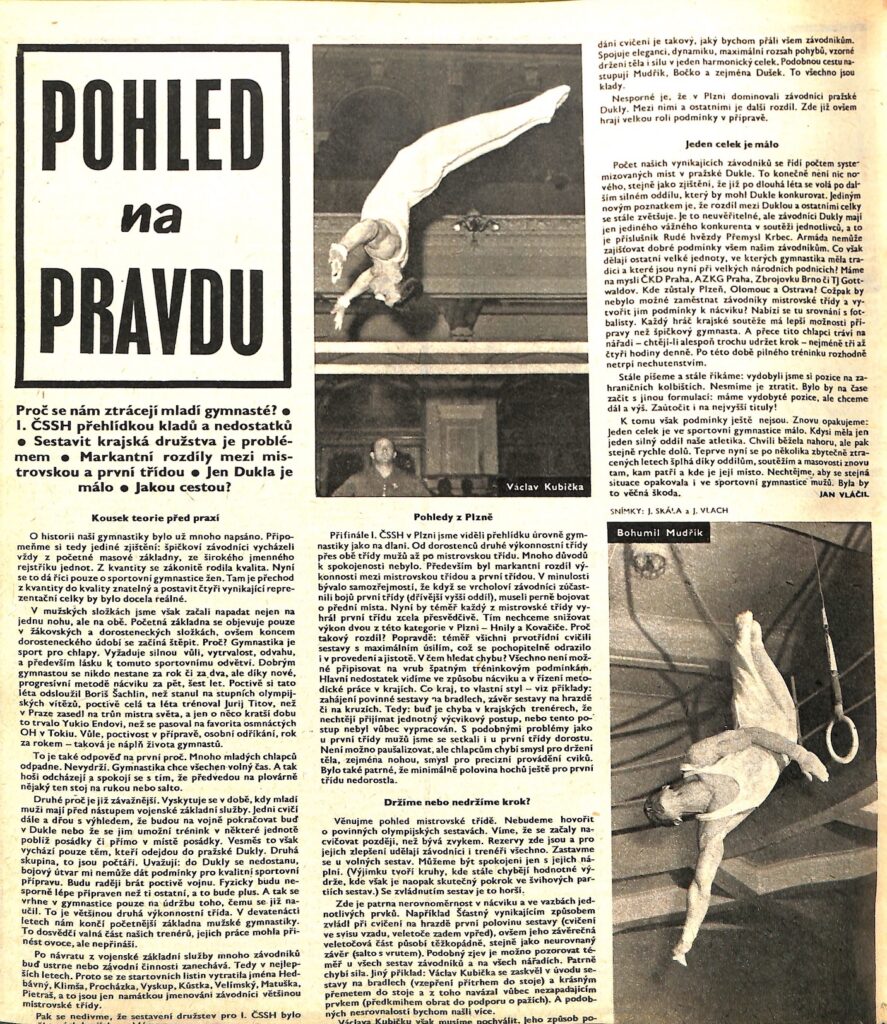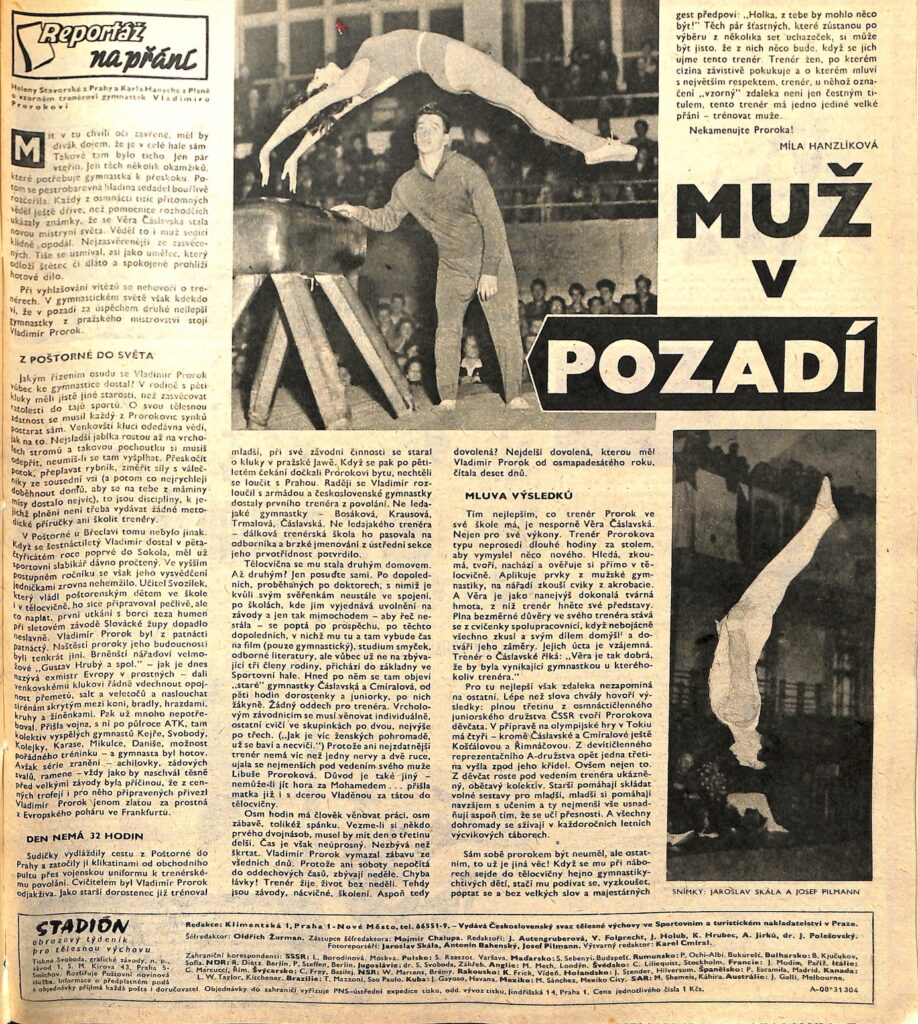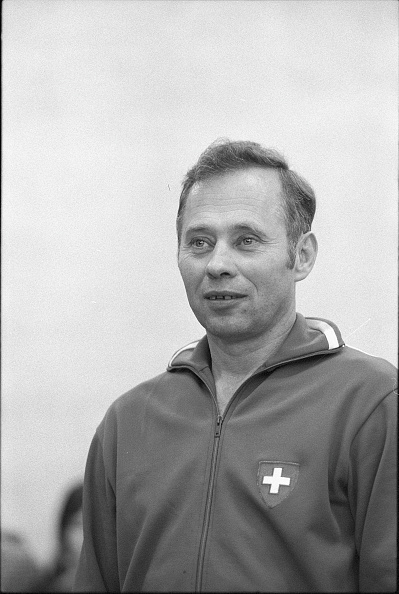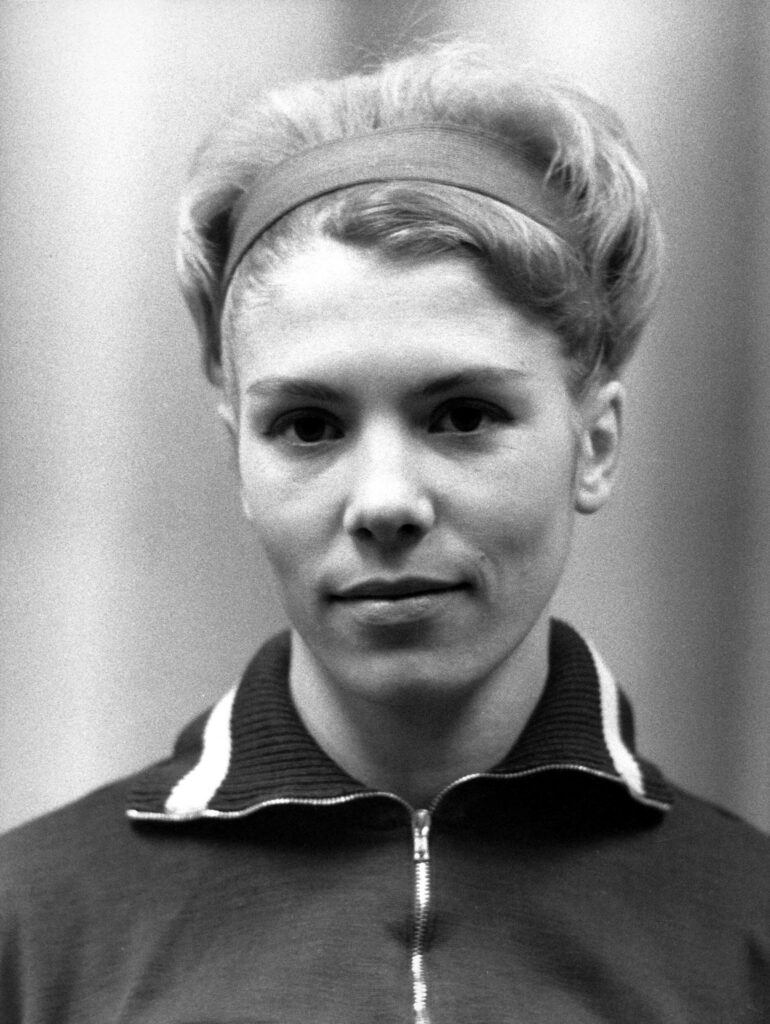The results of the gymnastics competition at the 1963 University Games in Porto Alegre, Brazil, were quite unexpected.
At the 1962 World Championships, Yuri Titov and Larisa Latynina won the all-around titles. One year later, at the Universiade in Porto Alegre, Brazil, Titov finished off the podium, and the Japanese men swept the top three places in the all-around. On the women’s side, Latynina, who had won every World and Olympic all-around title since 1956, had to share first place with Hungary’s Katalin Makray. On top of that, Hungary beat the Soviet Union, which had won team gold at every World Championships or Olympic Games since 1952.
Granted, there were some fundamental differences between the University Games and other major competitions. No compulsory routines, for example. Only four gymnasts per team. No event finals. Nevertheless, the results were surprising.
Unfortunately, it is difficult to track down information about this competition. So, this post relies on the book Unversíade 1963: História e resultados dos Jogos Mundiais Universitários de Porto Alegre by Rodrigo Koch.
